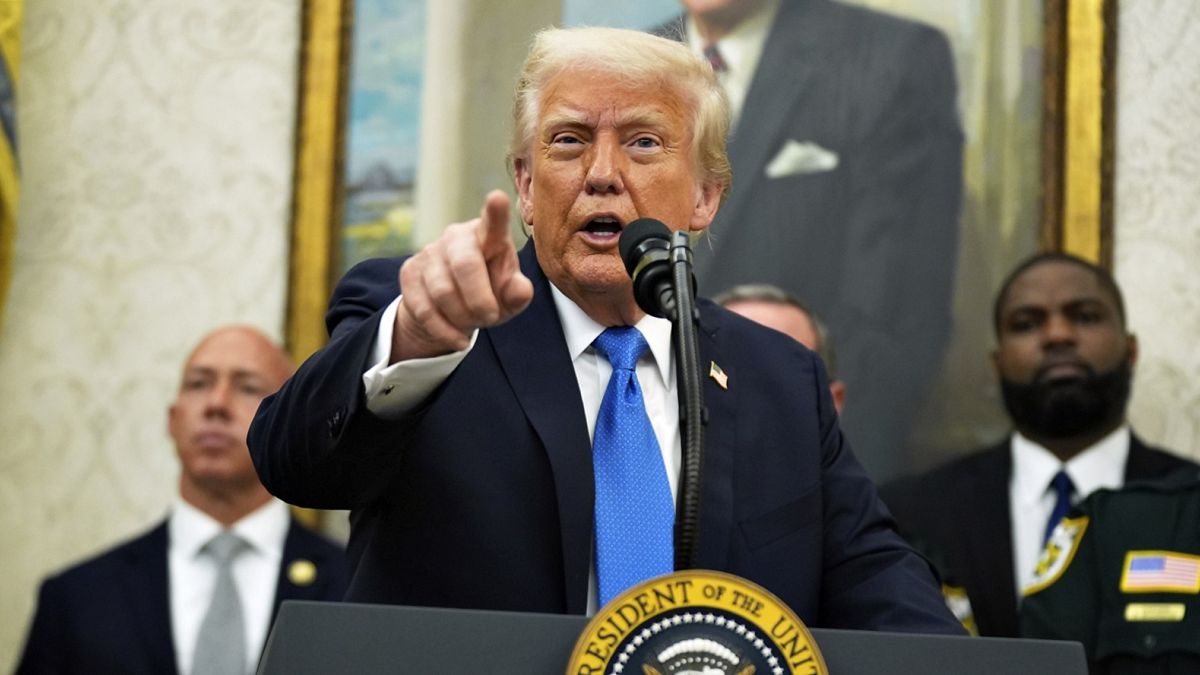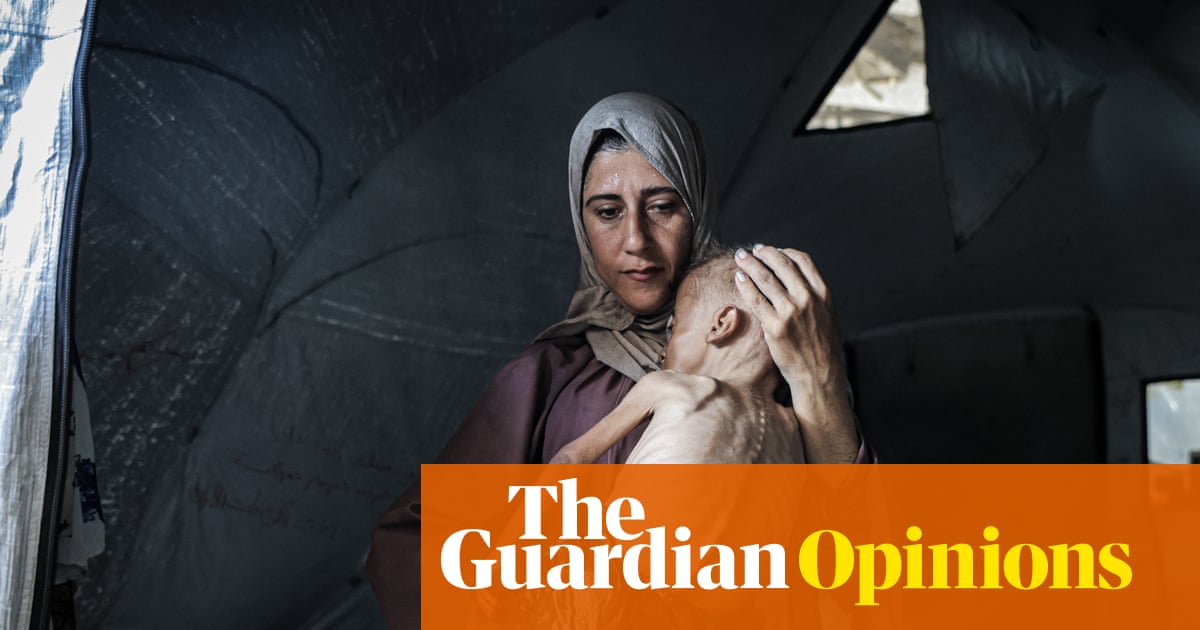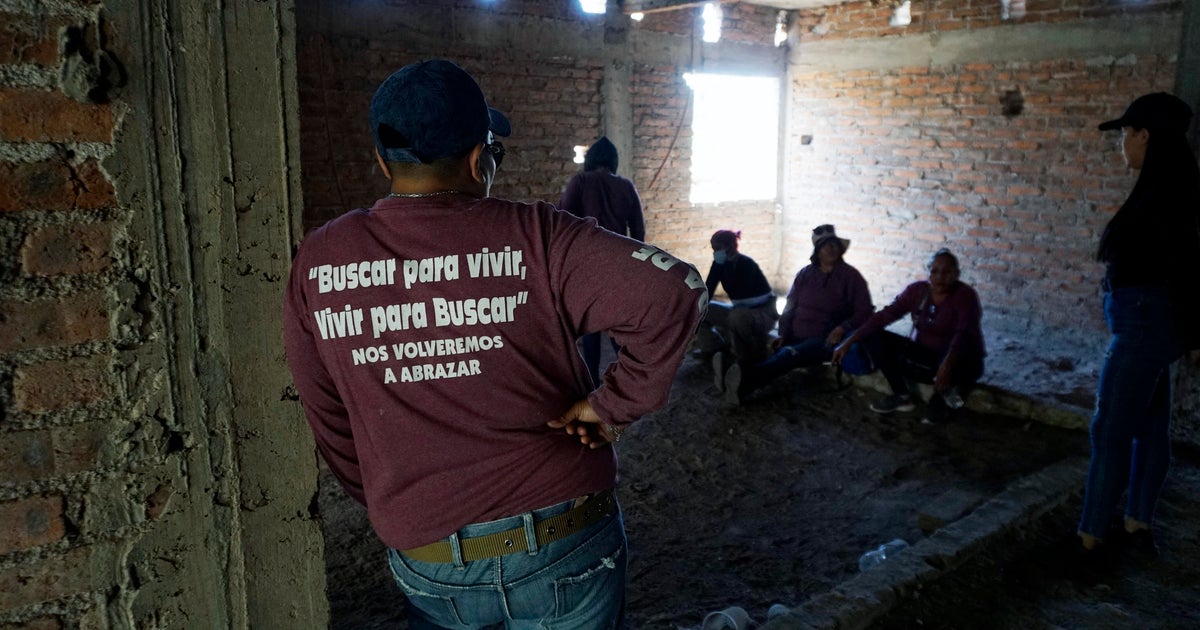EU Pushes for New Sanctions Against Russia Amid Ceasefire Negotiations

In a significant move to strengthen its stance against Russia, the European Union is preparing to implement a new package of sanctions aimed at increasing pressure on Russian President Vladimir Putin. This initiative seeks to secure a 30-day unconditional ceasefire in Ukraine, a point of contention currently not supported by the United States.
However, the EU's efforts to pass these sanctions face considerable obstacles, primarily stemming from Hungary's unwavering opposition and a lack of synchronized action with Washington. The sanctions package, which is being termed the 18th set of sanctions since the onset of the war, includes proposals to tighten the price cap on Russian crude oil. Experts indicate that achieving this objective without U.S. cooperation may prove almost impossible.
Ursula von der Leyen, the President of the European Commission, stated on Tuesday that, following a discussion with Ukrainian President Volodymyr Zelenskyy, the time has come to escalate pressure on Russia to facilitate the ceasefire. "An 18th package is being prepared with further hard-hitting sanctions," she declared, echoing the urgency of the situation.
High Representative Kaja Kallas acknowledged the challenges of obtaining unanimous agreement among EU member states but emphasized that the situation requires decisive action. Arriving for a meeting with foreign affairs ministers in Brussels, Kallas remarked, "I do not think we have a choice. We need to put more pressure." She also noted the importance of parallel action from the U.S., stating, "We really haven't seen the pressure on Russia from these talks."\
Adding to the complexity, a recent two-hour phone call between U.S. President Donald Trump and President Putin yielded announcements that Russia and Ukraine would begin negotiations toward a ceasefire. Trump emphasized that the conditions for this ceasefire would need to be negotiated directly between the two parties, declaring, "Let the process begin!" on social media.
In his response, Putin expressed a willingness to collaborate with Ukraine on a "memorandum" outlining the terms for a potential ceasefire, although he cautioned that this would depend on the establishment of appropriate agreements. Despite this, the Russian leader has shown reluctance to fully embrace Trump's unconditional ceasefire proposal, which has garnered strong backing from Ukraine and its European allies as a crucial step toward more detailed negotiations.
Even with the growing discussions, Trump hinted that he would not impose additional sanctions on Russia at this juncture, optimistic that the recent dialogue might lead to real progress. He remarked, "I think there's a chance of getting something done, and if you do that, you could also make it much worse. But there could be a time where that's going to happen."\
The divergence between U.S. and EU strategies was starkly highlighted following Trump's conversations with European leaders. "Europe will increase pressure on Moscow through sanctions. This is what we agreed on with POTUS after his conversation with Putin," stated German Chancellor Friedrich Merz.
Zelenskyy, who participated in the call, underscored the necessity for stronger sanctions, asserting that "if the Russians are not ready to stop the killings, there must be stronger sanctions." In light of these discussions, the European Commission is poised to finalize what may be the 18th round of sanctions targeting sectors critical to the Russian economy, including the banking industry, the Nord Stream pipelines, and additional vessels associated with what is often called the "shadow fleet."
Notably, von der Leyen has proposed reducing the existing price cap on Russian crude oil, currently set at $60 per barrel by the G7. This cap has remained static since its inception, even though Russian commodities have continued to be traded at prices significantly above the mark. Lowering this price tag to further constrain Kremlin revenue will require a collaborative agreement with the White House and other G7 members. Trump's current hesitance to impose additional sanctions could jeopardize this potential agreement, which has the backing of Kyiv, the Nordic countries, and the Baltic states.
"We'll see whether that can be really done in the form of a G7 joint measure or not," commented Paula Pinho, the chief spokesperson for the Commission.
Another critical divergence between transatlantic allies is their differing visions for the post-war landscape. Trump expressed a desire to restore economic relations with Russia once sanctions are lifted, suggesting that such a move could create significant opportunities for job and wealth creation in Russia. Conversely, the EU has consistently maintained that sanctions will remain in place until Russian military forces withdraw from Ukrainian territory and a sustainable peace is established. Additionally, there is widespread agreement among member states that Russia's frozen assets, which amount to approximately €210 billion, should remain immobilized until it compensates for war damages.
Earlier this month, the Commission unveiled an ambitious strategy to eliminate all imports of Russian energy by the end of 2027, signaling a significant reduction in economic ties.



























